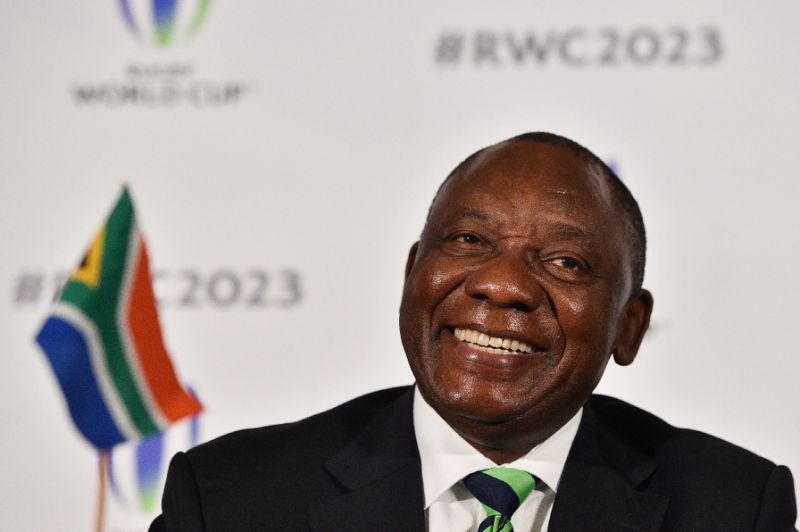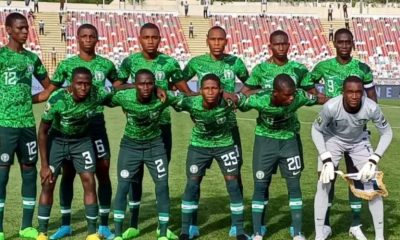A potential successor to President Jacob Zuma of South African, Deputy President Cyril Ramaphosa, was on Monday, elected leader of the ruling African National Congress (ANC). He was gathered to have won a bruising race that exposed rifts within the Party which led the fight against apartheid.
The party leadership victory clears the coast for Ramaphosa to succeed President Jacob Zuma, whose reign has been plagued by corruption scandals, economic slowdown and growing anger at the once-omnipotent party.
Thousands of raucous Ramaphosa supporters sang and chanted in the conference hall as rival backers of defeated candidate Nkosazana Dlamini-Zuma appeared dejected.
Ramaphosa won 2,440 votes to Dlamini-Zuma’s 2,261.
“We declare Comrade Cyril Ramaphosa the new president of the African National Congress,” an election official told party delegates in Johannesburg.
National Daily gathered that the win by Ramaphosa is seen as a major upset for Zuma and the new ANC leader will contest the presidency in South Africa’s next general election, scheduled for 2019. Thus, Ramaphosa has a strong chance of being the next South African president.
Ramaphosa is a businessman and former trade union leader, and also one of South Africa’s richest men. He is viewed positively by investors and markets for his potential as a reformer, though NDZ had promised “radical economic transformation.”
There were indications that the vote was a long and acrimonious process. Delegates from around South Africa cast their ballots after repeated delays caused by disputes over who was entitled to vote.
Hundreds of attendees were banned from the poll, raising the possibility that supporters of Dlamini-Zuma, a former minister who is Zuma’s ex-wife, could launch legal appeals against the result.
“I hope you will cooperate with the new leadership… as we move to the 2019 elections” Baleka Mbete, party chairwoman had told delegates.
Fresh hurdles for Ramaphosa
The ANC, which has ruled since 1994 when Nelson Mandela won the first multi-racial vote, was said to have struggled to retain its grip on power in the 2019 election due to falling public support.
Ramaphosa, 65, is a former trade unionist leader who led talks to end white-minority rule in the early 1990s, thereafter, became a multi-millionaire businessman before returning to politics.
He was, however, being accused of certain fraudulent businesses deals through which he became so rich.
Ramaphosa was also accused of having foreknowledge of the brutal killing of protesting miners in South Africa. The mine workers were shot with live bullets by the South African police during their protest. Ramaphosa was a member of the board of dire4cxtors of the mining company at the time of the incidence. Though, the entire blame was put on the police but the board of the company was suspected to have influenced the action behind the scene.
Ramaphosa is often accused of failing to confront Zuma while serving as his deputy since 2014.
Dlamini-Zuma was head of the African Union Commission until earlier this year and a former interior, foreign affairs and health minister.
She had four children with Zuma before divorcing in 1998.
Allegations swirled of delegates being targeted with bribes, but ANC spokesman Khusela Sangoni maintained that the process had proceeded “smoothly”.
Zuma, who could face prosecution for corruption charges, will step down as party chief at the conference but will remain as head of state ahead of the 2019 vote.
“I’m bowing out very happy because I think… I made my contribution, so, I’m very happy,” said Zuma on Monday as he walked around the vast conference centre hosting the event.
Soaring unemployment and state corruption have fuelled frustration at the ANC among millions of poor black South Africans who face dire housing, inadequate education and continuing racial inequality.
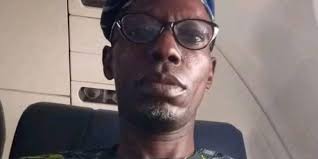
 Featured1 week ago
Featured1 week ago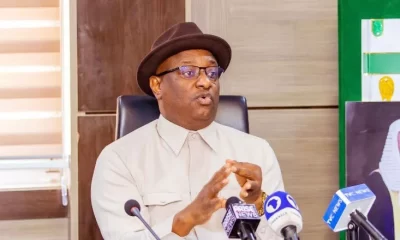
 Aviation1 week ago
Aviation1 week ago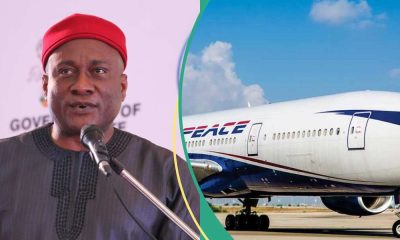
 Aviation6 days ago
Aviation6 days ago
 Business4 days ago
Business4 days ago
 Business4 days ago
Business4 days ago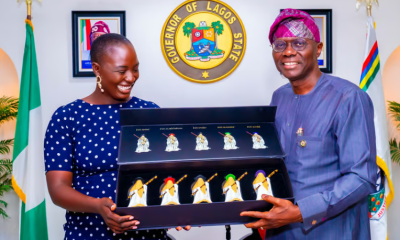
 Featured1 week ago
Featured1 week ago
 Education4 days ago
Education4 days ago
 Crime4 days ago
Crime4 days ago
